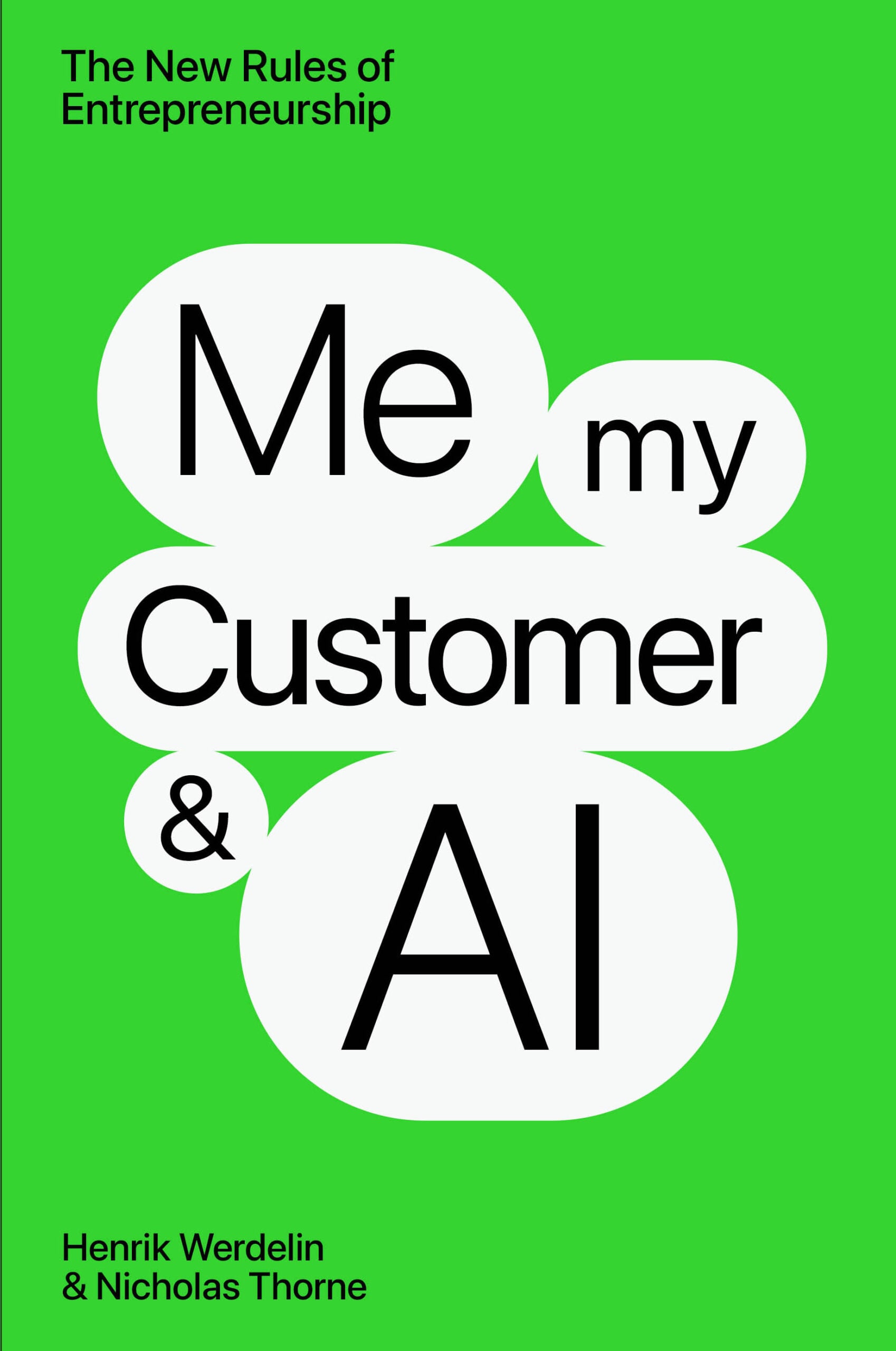Entrepreneurship has lengthy been—or at the very least thought to have been—reserved for obsessively pushed individuals prepared to work themselves to dying in pursuit of their enterprise goals. In our expertise, many would-be founders are delay by the pervasive picture of a poisonous “hustle tradition” of individuals working ninety-hour weeks.
Moreover, the standard entrepreneurial journey adopted a predictable sample: Increase capital, construct infrastructure, rent experience, after which launch. This resource-heavy strategy naturally favored these with entry to capital or technical abilities. Success usually depended extra on preliminary assets than on understanding buyer wants.
In the present day’s AI-enabled entrepreneur follows a unique path. For instance, designer Diarra Bousso makes use of AI to break down timelines from months to minutes within the trend trade, the place cycles are notoriously gradual. By utilizing generative instruments to visualise designs, her workforce skips the pricey handbook trial-and-error part, enabling them to check lots of of designs and give attention to the perfect. This “check earlier than constructing” strategy lets Bousso compete in opposition to bigger gamers by being quicker, leaner, and extra daring.
AI-powered platforms now deal with operations that after required total departments. Digital groups are changing full-time hires, and pay-as-you-go fashions have principally eradicated giant upfront investments in constructing out groups. No-code platforms allow advanced growth with out technical experience, and AI writing instruments create skilled content material that after required skilled copywriters.
All this large technological change has enabled a brand new, much less dangerous strategy to entrepreneurship: beginning small and scaling progressively. As an alternative of betting every thing on a grand launch, entrepreneurs can check concepts with minimal funding and collect actual buyer suggestions shortly. They will then iterate primarily based on precise utilization and suggestions and develop organically by word-of-mouth programs slightly than by pricey promoting campaigns.
Loud and Crowded
This democratization means extra individuals can pursue their entrepreneurial goals, resulting in extra innovation and problem-solving on this planet. Nevertheless it additionally means the aggressive panorama is altering dramatically. Conventional benefits are eroding as AI commoditizes technical experience and innovation and makes them accessible to everybody.
In enterprise, when creation will get simpler, at the very least two different issues occur. First, the market will get noisier. Getting a buyer’s consideration turns into harder as a result of there’s extra for them to think about. Second, the state of play adjustments extra shortly. Cycles get shorter. The necessity to stand out signifies that the issues we create—whether or not by hand or by immediate—should break with the established order and extra quickly introduce newness and alter.
When the macro atmosphere turns into extraordinarily noisy and fast-moving, profitable organizations usually succeed by going very small and really targeted, creating particle-like models of intense reference to shoppers. It’s nearly as if the chaotic atmosphere itself creates the situations that make these tight bonds crucial and potential. This impact might be seen in the best way small, unbiased bookstores have succeeded, not regardless of Amazon’s dominance however due to it, by offering a curated, private expertise that stands in stark distinction to the overwhelming noise of tens of millions of on-line choices.
Equally, the democratization of brewing know-how has created an explosion of craft breweries. A really noisy market led to the emergence of microbreweries with fierce native followings. These breweries usually collaborate slightly than compete with one another, creating robust regional networks and communities. Their small scale permits them to keep up shut relationships with common prospects who turn into model ambassadors.
Constructing these shut human relationships begins with choosing the proper prospects. The strongest relationships kind when entrepreneurs serve communities they deeply perceive or belong to themselves. This genuine connection creates a pure alignment between enterprise objectives and buyer wants and creates a brand new form of capital.
Relationship Capital
If you happen to take the time to lookup capital in a dictionary (Merriam-Webster, for instance) and work your well past “seat of presidency” and “punishable by dying” to the half that’s related to this dialog, you will discover phrases like “accrued” and “inventory.” Extra importantly, you’ll see “benefit.”
Each enterprise seeks a bonus—a approach of getting and staying forward. Whether or not it’s by progressive merchandise, cutting-edge know-how, or sensible market positioning, securing a powerful benefit is essential as a result of benefits have a tendency to construct on themselves. To us, benefit in enterprise is finest conceptualized as momentum.
What, if something, propels a enterprise ahead? The first reply is its benefit. And the buildup of this benefit over time is capital. Starbucks has well-located shops, McKinsey has good groups, and Disney has characters individuals love. These benefits are types of capital—bodily, human, and mental.
Companies that domesticate their relationships with prospects over time achieve a bonus that will increase their momentum and odds of success. We name that benefit “relationship capital” and consider it might be the one type of capital that AI received’t democratize to the purpose of obsolescence.
You most likely received’t discover “relationship capital” within the dictionary simply but, however it’s a really actual idea already being assigned financial worth by firms like Microsoft. Deep in its 2018 annual report, you possibly can even see how the corporate accounted for it throughout its $7.5 billion acquisition of GitHub. Whereas the idiosyncrasies of buy worth accounting fall effectively past our bailiwick, what’s related here’s a line merchandise within the accountants’ allocation titled “Buyer-related.” It captures the portion of the acquisition worth that Microsoft attributed to not GitHub’s know-how however to the buyer relationships it had developed previous to acquisition—its relationship capital.
This excerpt from


